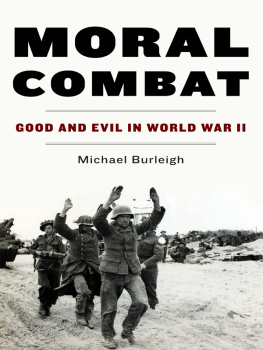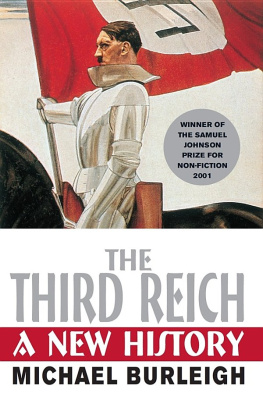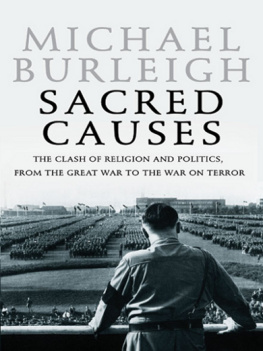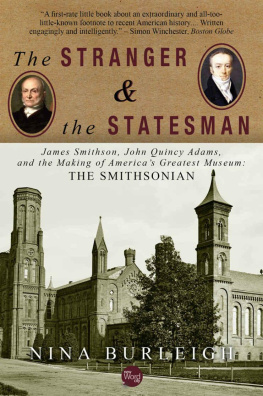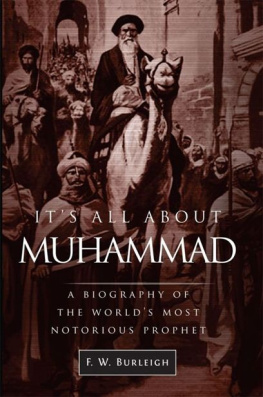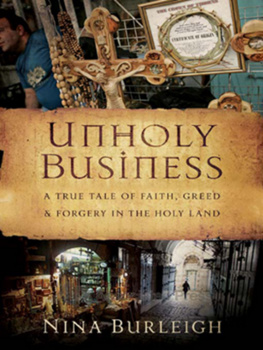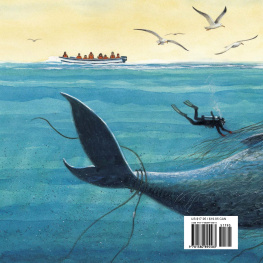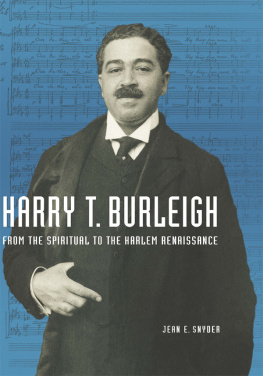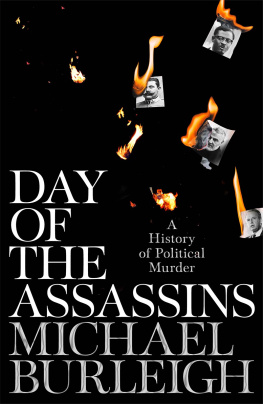A friend once said that a moral history of the Second World War would be brief, unaware, perhaps, of the literatures devoted to just war, war crimes, humanity in warfare and so forth, many of which deal with that vast conflict in a substantial way.
As it happens, this book is surprisingly long, even though I have omitted several themes about which I wrote earlier books, notably on medical ethics, euthanasia and Nazi racism. This is not another history of the Nazis, on whom there are so many books.
It may help to explain what Moral Combat seeks to do. Historians can be territorial about others interloping into their discipline, even as they gaily plunder everything from anthropology via literary criticism to social psychology. While two philosophers, Jonathan Glover and Tzvetan Todorov, unwittingly planted the idea for this book, it is not a work of moral philosophy, nor, it should be said, a work either of international law or of military history. Building on work I did fifteen years ago, it is about the prevailing moral sentiment of entire societies and their leaderships, and how this changed under the impact of both ideology and total war, as well as what might be called the moral reasoning of individuals who were not as rigorous as professional philosophers, but who had to make choices under circumstances difficult to imagine. Modern government is not like the Tudor England portrayed in Robert Bolts 1960s drama A Man for All Seasons . Complex modern economies determine who wins or loses in ways that were inconceivable in the sixteenth century. Although I certainly do not underrate the ability of key individuals to make fateful choices, especially when they are drained in mind and body rather than fresh as larry, wherever possible I have tried to avoid the setpiece great-man agonising of a Heisenberg, Oppenheimer, Pius XII or Speer which so tantalises dramatists writing for the edification of audiences unwilling to see beyond the particular. There is also the matter of moral judgement.
A lawyer or philosopher would write a different, perhaps more prescriptive book, using the past to dictate present or future conduct under the guise of writing about history. This book is different in that it deals with on-the-spot behaviour, rather than how these things look in armchair-hindsight. It may seem desirable, in retrospect, righteously to lament the Allies failure to track down Nazi or Japanese war criminals. But those who had been through five years of death and destruction tended not to see it that way, and were sickened by the thought of more of it. How one estimates that choice is irrelevant; it is what happened, partly in order to integrate Germany and Japan into Cold War alliances.
My endeavour is emphatically one of history, which means that it has few recipes for future conduct, beyond those so platitudinous that they require scant reiteration like dont vote for extremist parties or invest hope in the rationality of mad dictators. This also means that any quasi-judicial commentary, of the kind judges dispense as they hand down sentences on convicted criminals, has been avoided. This is inessential to a book that does not confuse morals study of historical phenomena like battles, emotions, field systems, tax records or water mills with the separate activity of moralising. The latter, as a friend once wrote, is to morality what artiness is to art, religiosity to religion and sentimentality to sentiment. I have tried to make this book as detached as possible; it is not a work of moralising enthusiasm. All of us would like to believe that we could not do some of the things, major or minor, by commission or omission, described in this book; we should all reflect whether this would have been the case had we been responsible adults living in the belligerent nations of the time. How many of us would press for sanctions while knowing they arent going to work, or counsel radical military action without thinking through the human as well as geostrategic consequences?
What actually impresses is that, in circumstances where the temptation to inhumanity must have been overpowering, a vestigial regard for decent or lawful conduct survived at all. Warfare among savages is often relatively less bloody because of its agonistic or ritualistic element of posturing. There is a lot of drumming, stamping and shouting, but not much blood is spilled, at least if we discount the Aztecs. Since ancient and medieval times, civilised men have endeavoured to mitigate the effects of war, notably through doctrines of just war, all ably expounded in a thoughtful book by Charles Guthrie and Michael Quinlan. These doctrines consisted of a series of injunctions about the lawful authorisation of armed conflict and the relationship between ends and means, together with the need to exercise humanity, discrimination and proportionality while waging war.
These religious and philosophical exhortations often gelled with the severely practical outlook of warriors on ancient, medieval or early modern battlefields who knew that getting a substantial ransom was better than having a dead prisoner. Throughout, however, there was an extreme alternative of war ad romanum where the enemy and his population could be enslaved and killed, allegedly in line with what was thought to be ancient Roman practice. Sometimes in the Middle Ages a red banner would be flown to indicate that chivalric norms were cancelled and that the type of war visited on infidels or rebels would ensue. As an excellent collection of essays edited by Michael Howard and others reveals, even by the mid-seventeenth century men at arms knew what constituted decent practice in warfare. While I do not think any war has ever been good, the Second World War, which killed fifty-five million people, was a necessary war against at least one regime which, uniquely, modernised barbarism into an industrial process, and another that visited cruelty and savagery on the many peoples of East Asia, from the Chinese to indigenous tribes on remote Pacific islands. That does not diminish the war against Italian Fascist imperialism or the moral problems raised by the Western alliance of desperation with the Soviet Union, which imposed Communist tyranny on half of liberated Europe. Nor does it seek to excuse Allied war crimes, although those should not be elided with what are uncharmingly called collateral casualties, which were not the objectives of an operation. To construe the D-Day landings as anything other than a noble enterprise, which the vast majority of French people welcomed, because various Allied bombardments killed tens of thousands of their compatriots, seems perverse. The British cabinet had grave reservations about this. But when they consulted the Free French general Pierre Koenig, he replied that lives are lost in any war, and this was the price to be paid for liberation of his country.
Around the margins there have been attempts to revise our general perceptions of the conflict. Some conservatives claim that Britain and the US should have let Hitler and Stalin slog it out, so that the victor assuming they both did not lose would have been too exhausted to take over either the whole or half of the European mainland. This line of argument reflects mutual Anglo-American animosities, to the effect that Churchill (and Roosevelt) somehow tricked the US into war against Germany, or that the wars ultimate beneficiaries were the Soviets and the Americans who liquidated the British Empire and dominated a divided Europe. It also adopts a narrowly strategic view of the issues involved, taking realism to the level of amoralism. Now while I have sympathy with the view that in some foreign policy circles it is always 1938 with even clowns like Venezuelas President Hugo Chvez compared with Hitler this argument ignores the existential threat Nazism posed to the human spirit as a whole. Was our rich civilisation supposed to culminate in that abnegation of everything decent, humane or joyous in our condition, ushering in an era of heroic scientising barbarity? Given Hitlers fanatic volatility, it is also unlikely that he would have left the Anglo-Saxons alone, once he had secured mastery of the Soviet Union up to the Urals. As this book tries to show, the Nazis (and their partners in crime) tried fundamentally to alter the moral understanding of humanity, in ways that deviated from the moral norms of Western civilisation. They did this by locating their murderous depredations beyond law, but within a warped moral framework that defined their purifying violence as necessary and righteous.

